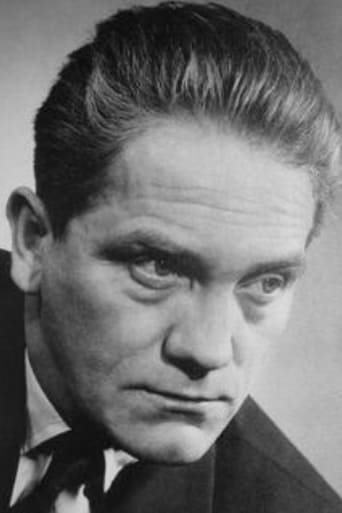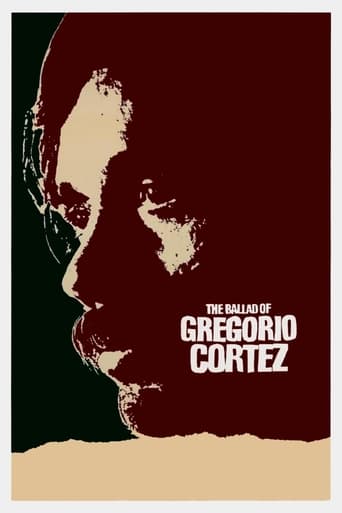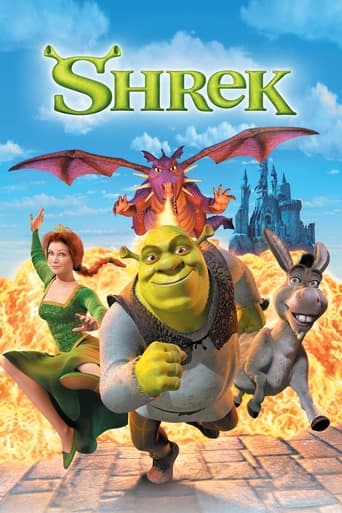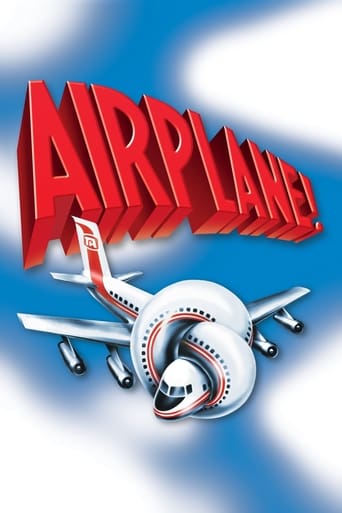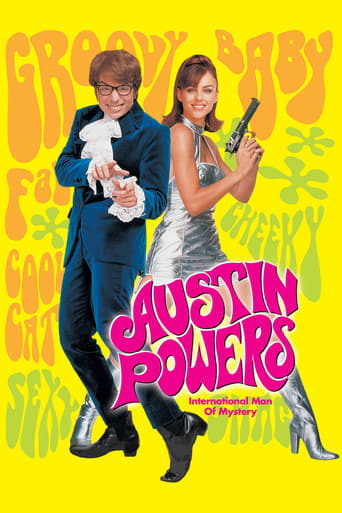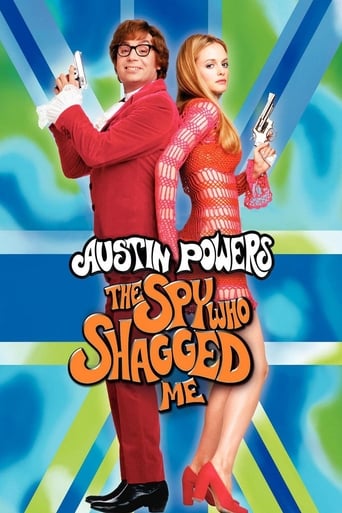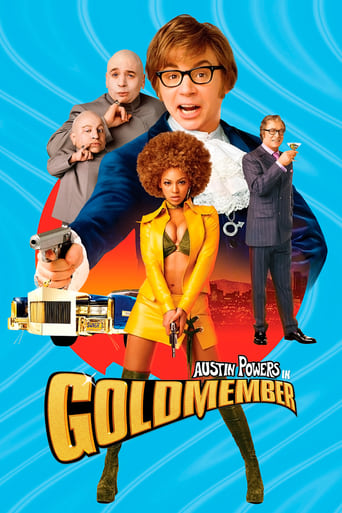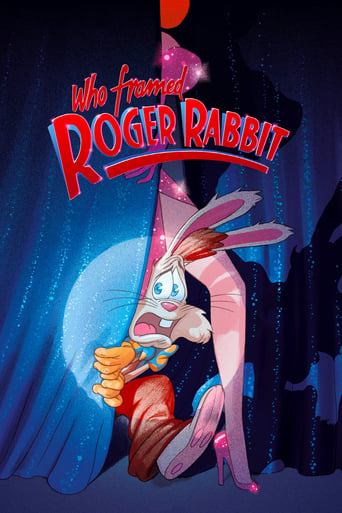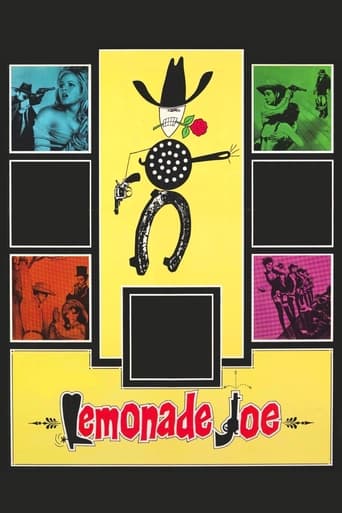
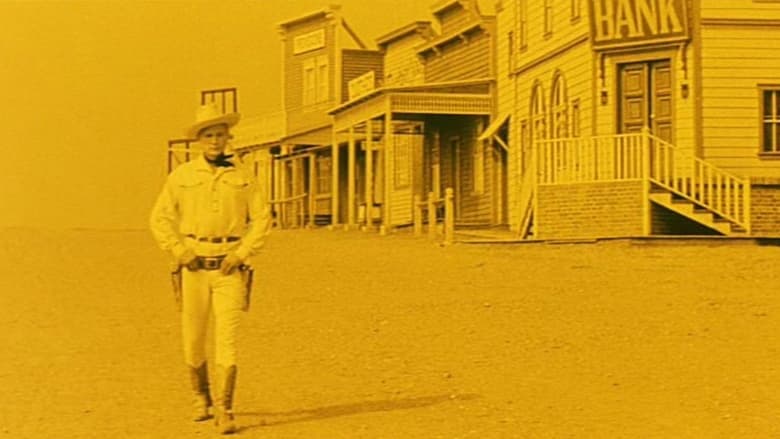
Lemonade Joe (1964)
A satire of the Great American Way, with Lemonade Joe a "clean living" gunfighter who drinks only Kola-Loca Lemonade and convinces everyone else in town (with his gun skills) that all "real men" drink ONLY lemonade!
Watch Trailer
Cast


Similar titles
Reviews
Before sitting down to watch Lemonade Joe, you really have to be in the right frame of mind to fully appreciate this film in all of its eccentric quirkiness. And, it would also help if you were something of a fan of Hollywood, B-Westerns from the 1940's, as well.Opening with one of the absolute, best, over-the-top, bar-room brawl scenes that I have ever seen in any Western, I found Lemonade Joe's cartoon-ish surrealism to be very entertaining, for the most part.This 1964 Western from Czechoslovakia was, of course, a total spoof of the genre. And, from my point of view, it certainly hit its intended mark more often than it missed.Featuring some really outlandish stunts (worthy of The Three Stooges), lots of interesting camera-work, and a non-stop barrage of exaggerated characters (including a nasty villain named Hogofogo), Lemonade Joe (set in 1885 in the lawless town of Stetson, Arizona) was very competently directed by Czech film-maker, Oldrich Lipsky, who obviously must have watched a helluva lot of Hollywood B-Westerns in his youth.
One user here wrote in his review that Lemonada Joe is not subtle. I couldn't disagree more, but I can understand his statement. Lemonada Joe is in fact so bound to Czech culture that translation of it's subtle poetry to another culture is very hard. For us it's a clever game with (communist) propaganda and our rather naïve image of wild west, liberty and honesty. Lemonada Joe is not satire "per se", it's not just slapstick fun and it's also not a simple critique of early capitalist society but rather cinematic pastiche or cinephile comedy with relativist look on morality (idealism is possible only in a silly movie). Brdečka's script uses a lots of puns and witty humor. For example when Lemonada Joe calls his enemy "smrdutý oposume", the meaning in English is just rough "stinking opossum". But in Czech language it's much more hilarious and refined because it connects rather obsolete adjective and a little known zoological term. In Lemonada Joe are tons of similar nuances in language and cinematic style. I, like others Czechs, has grown up with movies like this. It's part of my childhood, my Czech soul. In an original book the final end of Lemonada Joe is absurd and dark. At his fiftieth birthday he will be drown and overcooked during a visit of a fruit factory in a barrel of hot lemonade. Into his grave is buried a bottle with this delicious drink. Yes, we Czechs understand this dark end very well.
I'm pleasantly surprised there are so many reviews for "Lemonade Joe", considering that most reviewers on IMDb are American or West-European movie fans. But films like this have some special meanings for people on the other side of Europe.While communism controlled every segment of life, it was natural that only regime-approved movies could be made, so they had to glorify socialism, Soviet Union (except in Yugoslavia and Albania), expectation of better future (due to Communist party), also they had to condemn capitalism, USA, religion (not in all countries equally). That's why movie about USA (if not pure propaganda) could have been just a parody. In the same time, ordinary people (even some members of Communist parties) envied West Europeans and Americans, secretly wishing capitalism to come to their countries, and especially USA was a Shangri-La and a liberator. Today, with socialism more than a decade behind, East Europe can see West half-closed, mostly indifferent; USA disappointed them even more as one of the last to recognize newborn countries (though, for example, they always declared that they do not recognize occupation of Baltic states). As soon as Soviet Union ceased to exist all those small states full of hope suddenly went out of USA interest. So a white suit and hat of a good cowboy lost its meaning and he can wear anything now, his mask fell, all he wants is to sell Cola-Loca. It doesn't matter who is good or bad (who started killing and who was defending himself), who is poor/rich, honest/thief, as long as business can develop free... And, of course, who has the oil! If there were oil in Czech rep. it would be in EEC long ago, if there were oil in Yugoslavia a war maybe wouldn't have started (and if it did, the winner would have probably been the one with biggest oil supplies). But, instead of that, US showed complete lack of interest in East Europe, taking them away their biggest hope. Disappointed and betrayed by those who inspired them for more than 4 decades (and some still bleeding from war wounds) East Europeans can see this movie as a unbelievable exact prophecy. And the biggest irony, it was made from those communists that were so desperately expected to vanish! (Do I hear a big laugh from Stalin's grave?)Not only parodying westerns (mildly, gently, with a smile) and American consumers way of living (much more bitter), it shows people as a herd: the first one is followed by all the others. If drinking whiskey is declared to be modern, everybody does it, when it's modern to drink Cola-Loca, they all change their attitudes and habits, and it doesn't matter if a black or white suit guy leads - people accept what is said to be "in" (they didn't have satellite TVs and talk-shows, but Joes and Horáces were enough). I also thought it was a parody to European art-movies but this one seems to be older. Photo and editing is western-like during action, but when music starts it changes to Vera Chytilova-style (though it's older than her well known works), so it can be a parody to modern art too.* A spoiler describing the end *Finally, resurrection in last scene connects past and today again (remember Jackson-McCartney "Say, Say, Say" music video, and all modern magic curatives). Everyone appears to be a family like in soap-operas (again something ahead of the time). Most supporting characters were copied from Goscinny's Lucky Luke and Jacovitti's Coco Bill (Europe vision again!), and it's funny. Main characters were symbolic (even names - Goodman, Badman), and the standard clichés are well and justly used. Everything seems to be done O.K. - just I feel a little cheated, because a smile never became a laughter (rather a yawning). The plot was simply enough for 20 minutes cartoon, interrupted by countless songs (don't get me wrong, I have some Gott and Matuska records!), and it all seems like a big wasted chance. Are we too spoiled by Mel Brooks' parodies?Just one more answer: the title song doesn't contain Czech words, but English and Spanish words were obviously intentionally used without a meaning - common c&w words put together like common characters and action in western movies.Wear a smile, take a cup of coffee, and read between the lines!
An excellent satire of the Great American Way, with Lemonade Joe a "clean living" gunfighter who drinks only Kola-Loca Lemonade and convinces everyone else in town (with his gun skills) that all "real men" drink ONLY lemonade! The style of the film mirrors that of silent westerns, including humorous sped-up bar brawls and color-tinting (!). You can either root for Joe or his whiskey-drinking adversaries; it's clear that although the town "bad girl" adores Joe and wants him to "change" her, he is only using her for his cause, as indeed he is using everyone for his opportunistic goals. Worth a look for western fans looking for a spoof that goes beyond "Blazing Saddles" and adds satire to the mix, or for anyone interested in Euro-Westerns in general for an Eastern European take on the genre. A funny, charming, and even sometimes graceful film.




